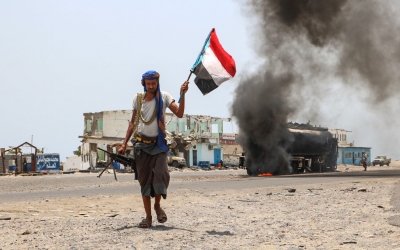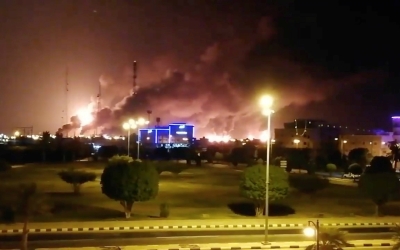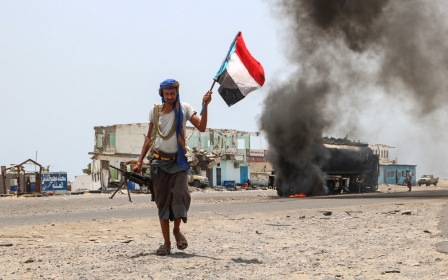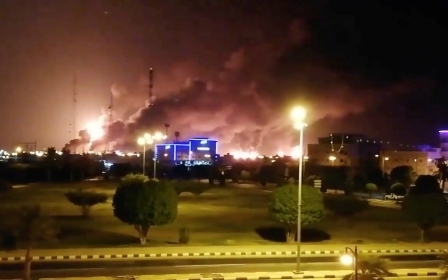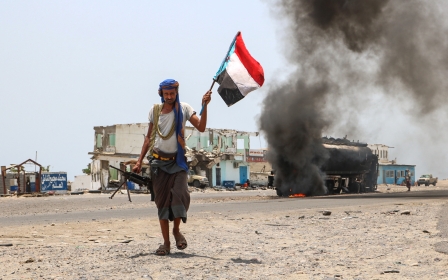Saudi Arabia agrees to partial ceasefire in Yemen: Report
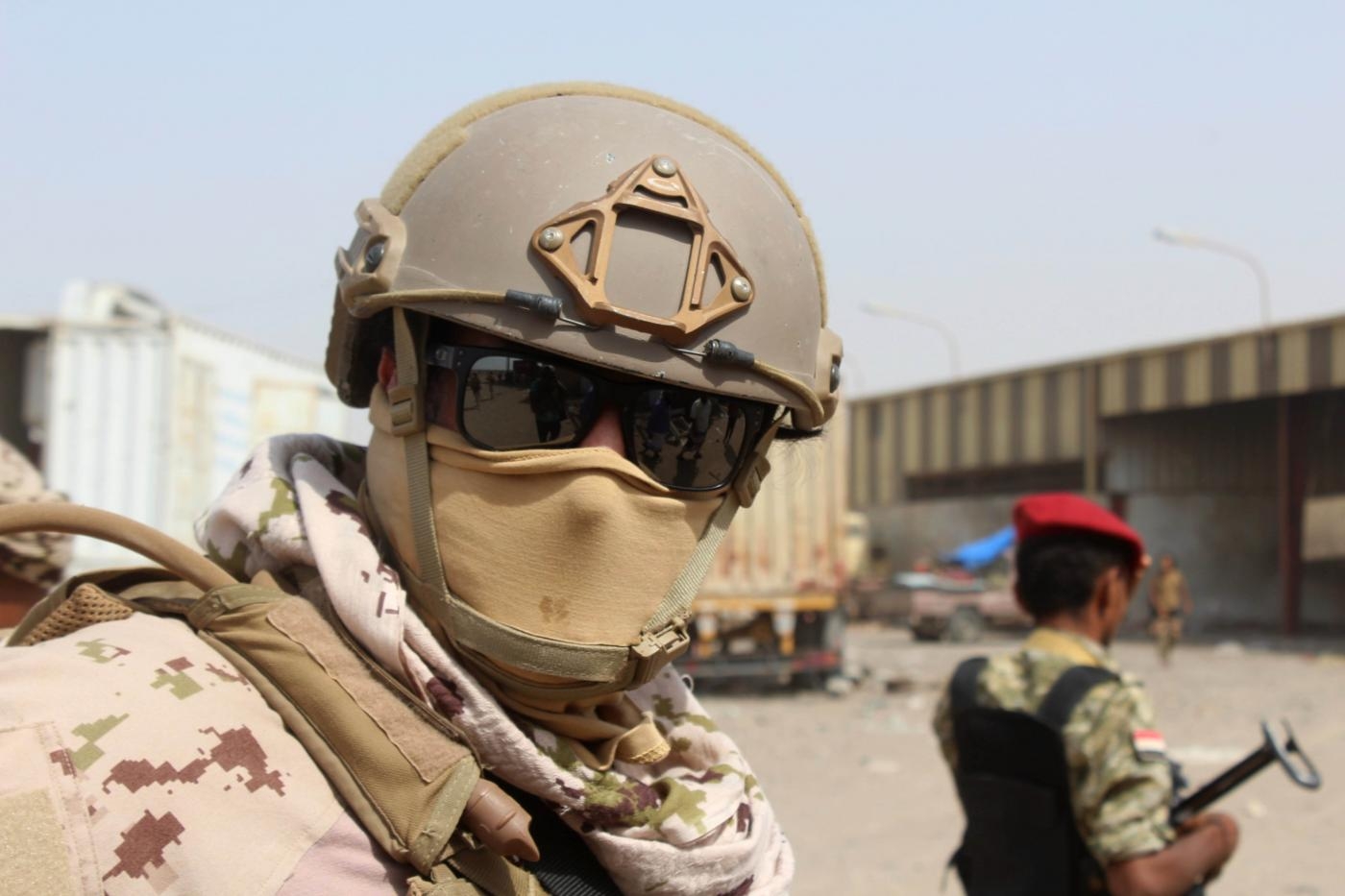
Saudi Arabia has decided to implement a partial ceasefire in Yemen following a surprise move by Houthi rebels to declare a unilateral ceasefire last week, according to the Wall Street Journal (WSJ).
In response to the Houthi move, Riyadh has agreed to a limited ceasefire in four areas, including Sanaa, the Yemeni capital the rebels have controlled since 2014, the US newspaper said.
If the mutual ceasefire in these areas takes hold, the Saudis would look to broaden the truce to other parts of Yemen, the WSJ quoted people familiar with the discussions as saying.
In one of the most dramatic acts in the four-year war between the rebels and the Saudi-led coalition, the Houthis claimed responsibility for attacks on Saudi Arabia’s oil industry on 14 September.
The attacks on Saudi Aramco's plants in Abqaiq and Khurais, some of the kingdom's biggest, caused raging fires and significant damage that halved the crude output of the world's top oil exporter, by shutting down 5.7 million barrels per day of production.
However, Saudi, US and European officials have rejected the claim, saying the Houthis have neither the weapons nor the skills to carry out such sophisticated strikes.
According to the WSJ, in the days following the attacks, an internal Houthi rift expanded between those who wanted to distance themselves from Iran, whom Western powers say was behind the strikes, and those who wanted to strengthen ties with Tehran.
Some Houthi leaders privately disavowed the group’s claim of responsibility for the attacks, according to two Saudi officials who spoke to the WSJ and asked not to be identified.
Houthi officials also told foreign diplomats that Iran was preparing a follow-on attack, said one of the officials and other people familiar with the evolving plans.
Official Houthi spokesmen have rejected any suggestions that they disavowed their initial claim or warned Riyadh about future strikes by Iran, the WSJ said.
Iran says it is not arming the Houthis, who deny being puppets of Tehran and say they are fighting against a corrupt system.
The group did not immediately respond on Friday to requests from the WSJ for comment.
'Yemen and Saudi Arabia have common interests'
On Tuesday, air strikes blamed on the Saudi-led coalition killed at least 16 people in Yemen's Houthi-controlled Dalea province, residents and the Houthi-run al-Masirah TV said.
While the Houthis also fired two missiles at Saudi Arabia earlier this week, the launches were not seen by Saudi leaders as a serious attack that would undermine the new ceasefire efforts, the WSJ said.
In the days following the attacks on Saudi's Arabia's oil industry, Iran let the Houthis know that they wanted their support in carrying out more attacks across the region, the US newspaper quoted people familiar with the matter as saying.
Instead, the Houthis responded unexpectedly, by offering the unilateral ceasefire on Friday.
On Saturday, Mohammed al-Bukhaiti, a member of the Houthi political council, had urged Saudi Arabia to join them in the ceasefire.
“Yemen has nothing more to lose,” he told the WSJ. “Yemen and Saudi Arabia have common interests and that is why we hope [the] Saudi leadership will respond to this initiative.”
Martin Griffiths, the UN’s special envoy for Yemen who brokered peace talks last December in Sweden that helped defuse tensions and pave the way for new diplomatic initiatives, said: “Yemen needs to break from this vicious cycle of violence now and be safeguarded from the recent tension in the region that could risk its prospects for peace.”
Thousands of civilians killed
The Houthis’ unilateral ceasefire has raised hopes in Riyadh and Washington that the rebels might be willing to distance themselves from Tehran.
On the day following the attacks on Aramco, Middle East Eye, citing an Iraqi intelligence official, reported that the attacks were carried out by Iranian drones launched from bases in southern Iraq controlled by the Iran-backed Hashd al-Shaabi militia.
Baghdad, caught between its two main allies, Tehran and Washington, has denied any link to the attacks.
Iran has maintained that it is not responsible for the attacks and continues to say that they were carried out by the Houthis.
Yemen is home to what the United Nations calls the world’s worst humanitarian crisis, with millions on the brink of famine and cholera a constant danger.
Saudi Arabia has been accused by the UN of carrying out air strikes that have killed thousands of civilians and starving civilians as a war tactic.
In a UN report released earlier this month, potential crimes were found on both sides, with the Houthis having being found to have shelled cities, deployed child soldiers and used “siege-like warfare”.
The United Arab Emirates, Saudi Arabia’s most significant ally in coalition, withdrew most of its forces from Yemen earlier this year in a move that created considerable strain between the two neighbours.
Middle East Eye propose une couverture et une analyse indépendantes et incomparables du Moyen-Orient, de l’Afrique du Nord et d’autres régions du monde. Pour en savoir plus sur la reprise de ce contenu et les frais qui s’appliquent, veuillez remplir ce formulaire [en anglais]. Pour en savoir plus sur MEE, cliquez ici [en anglais].


